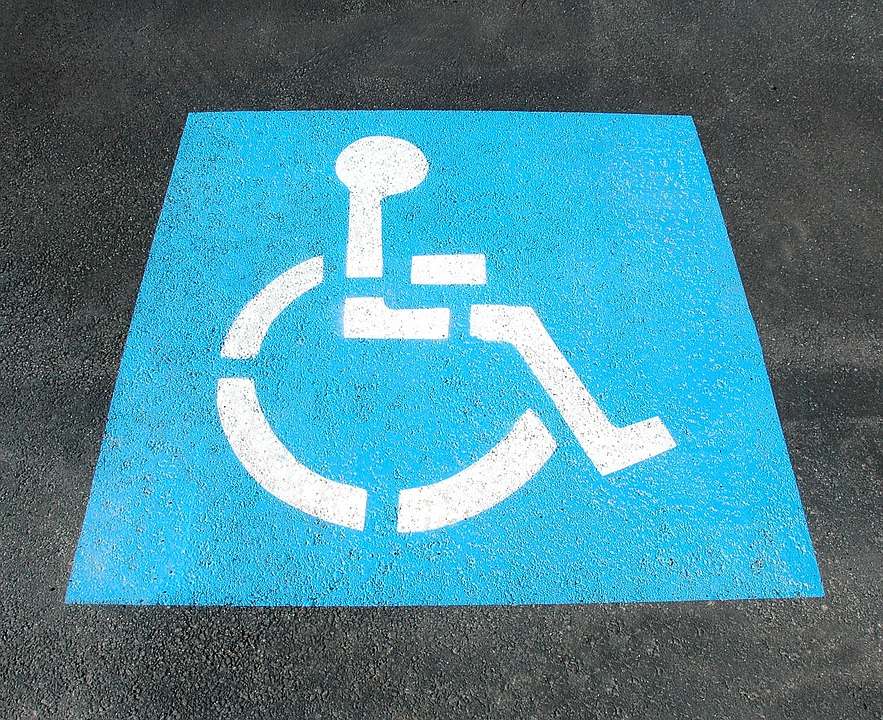Expert coalition calls for fundamental review of disability assistance system

A fundamental review of disability assistance must be initiated by the Scottish Government during the next parliament, according to a coalition of organisations campaigning for long-term improvements to social security for disabled people.
Following the devolution of powers over disability and ill-health benefits to the Scottish Government, the Scottish Campaign on Rights to Social Security (SCoRSS), has launched its long-term vision for disability assistance in Scotland.
The coalition includes Citizens Advice Scotland, Inclusion Scotland, the Child Poverty Action Group in Scotland, the Health and Social Care Alliance Scotland (the ALLIANCE), National Association of Welfare Rights Advisers (NAWRA), Scottish Council for Voluntary Organisations (SCVO), One Parent Families Scotland (OPFS), MS Society Scotland and the Scottish Independent Advocacy Alliance (SIAA).
Amongst its recommendations, the campaign is calling for:
- a fully independent and resourced review of disability assistance accountable to and co-produced with those currently entitled and those not entitled to disability assistance
- a human rights-based approach to be taken in the development of disability assistance
- social security for disabled people that supports their right to independent living (including revising eligibility criteria and assessment processes)
- the support provided to be adequate so disability assistance takes into account the extra costs associated with an impairment if a person is to fully enjoy their right to equal participation
Over half a million people in Scotland (almost 533,000) currently receive support through social security payments due to a disability or long-term health conditions through Personal Independence Payment (PIP), Disability Living Allowance (DLA) and Attendance Allowance.
Citizens Advice Scotland’s social justice spokesperson, Mhoraig Green, said: “The Scottish Government has committed to a number of encouraging changes to disability assistance that will be an improvement on the current system.
“We support the safe and secure approach to transferring payments from the Department of Work and Pension but it does leave some questions unanswered and a number of parts of the current system intact.
“The inherited system of social security for disabled people is one that has evolved through a series of partial reforms rather than being designed as a whole.
“Longer-term reforms are needed and with this report we want to support the progressive realisation of a world-leading rights-based system of support for disabled people. Implementing these recommendations over the next parliament is Scotland’s chance to create that.”
Professor Ian Welsh OBE, chief executive of Health and Social Care Alliance Scotland, said: “People living with long-term conditions and disabled people have the right to live independently and contribute towards society.
“It is therefore essential that Scotland seizes the opportunity to further realise this right by creating a visionary social security system for the future.
“Co-producing the new system puts people with lived experience at the centre, ensures that their voices and expertise drive policy and that their rights sit at the heart of public service design and delivery.”
Iain Smith, national & local policy manager at Inclusion Scotland, said: “Disabled people and their organisations have, rightly, been concentrating on ensuring that there will be a safe and secure transfer of disability benefit claims from the Department for Work and Pensions to the new Scottish Social Security Agency.
“However, now is the time to build on the principles in the Social Security Act and Social Security Charter and think what our vision for the future should be.
“This paper sets out some of the key changes that could be made to devolved disability benefits to bring about huge improvements to the lives of disabled people.”
NAWRA Scotland representative, Craig Samuel, said: “I am really proud to represent NAWRA in Scotland especially with starting our conversations with the vision of disability assistance.
“We must be ambitious with disability and poverty as families with disability are hit the hardest and we must introduce policies that will allow parallel success of long-term and short-term goals.
“We need to incorporate our National and Performance Frameworks to reverse the imbalances we continue to see in our communities. Fundamentally, we must help people realise their potential and make the most of everybody’s skills and contributions.
“It is our responsibility in Scotland to act now and act with kindness, integrity and for us all to be the best we can be whilst reducing hurdles and poverty, especially poverty associated with disability, and with the people of Scotland guiding our direction of travel.”









